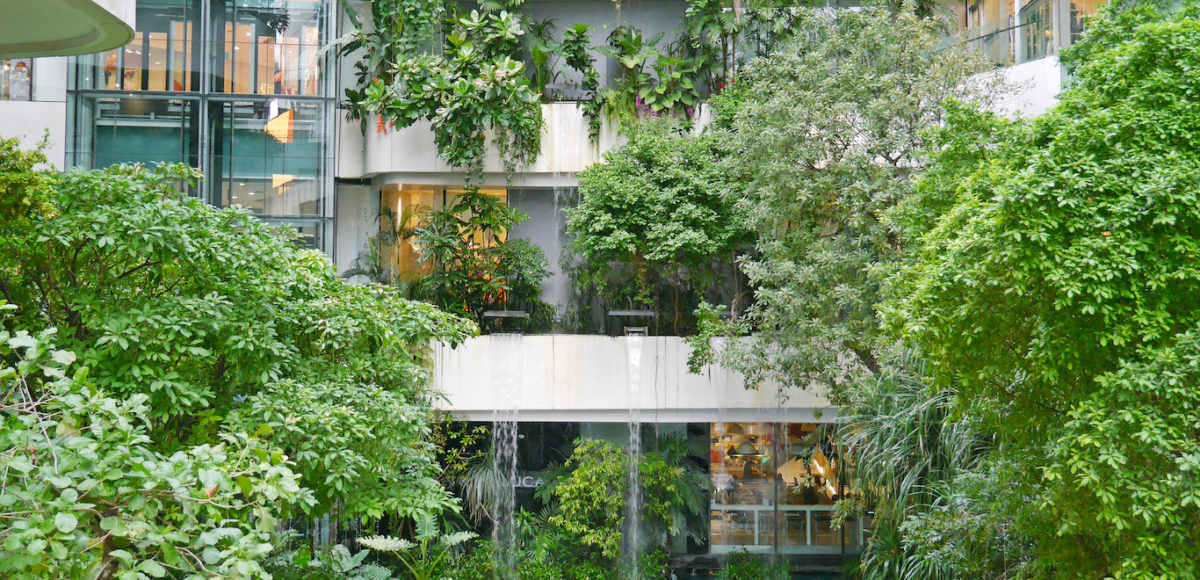Like it or not, your new landlord is going to be a part of your life for as long as you’re living under his or her roof. The better you’re able to get a sense of his or her character and the terms of the lease, the more prepared you’ll be to get comfortable in your new home…or to move along immediately and look elsewhere.
1. What kind of shape is the apartment in?
This covers a lot of ground. You’ll want to know what kind of shape the floors, walls, and ceilings are in. Whether the windows are drafty, and if there’s any kind of smell or water damage. What kind of shape the electrical system in? Will the landlord be painting and/or cleaning and/or repairing the place before you move in?
Also ask how requests for repairs get handled.
2. How’s the water?
Water pressure and temperature — and whether there’s any water damage in the house or apartment — can easily slip your mind when you’re looking around a new place. Don’t let it, as it has big day-to-day consequences, and isn’t easy to fix.
3. What’s the deal with utilities?
Some apartments include heat, or electricity, or gas (or all of them!) in the rent. In some cases you’re totally on your own. Know exactly what your likely monthly bills will look like—all your utilities plus your rent—before you commit to a place. And get a sense of where the heat sources are located and whether the apartment is warm during cold weather… if you’ve got to buy a bunch of space heaters, there goes a pile of money.
4. How do you handle rent?
Just figuring out the exact rent (and utilities, etc.) is only half the battle. The other half is knowing when it’s due, whether there’s a grace period, and whether there are late fees. Some landlords won’t take a credit card for rent, and some will. This could turn out to be a big question down the road.
5. How are the appliances?
Is the refrigerator clean and in good working condition? The stove? Is there a dishwasher, and what’s the story with laundry—free and on site? Pay and on site? Nominally free and on site but currently broken?
6. Where are you from, and where’d you go to school?
Making a bit of an effort to meet a new landlord can pay surprising dividends. It helps to establish a personal relationship that can be fruitful in terms of beating out other applicants for a competitive spot, and for staying on friendly terms throughout the course of a rental period.
“I am convinced that I only got my current apartment because I showed up a little early to the showing, and chatted with the landlord for a bit,” says Becky, a former renter. “It turns out that my father and he both went to the same university at about the same time, and they grew up very close to each other. I think it was that personal connection that gave me a leg up in a very competitive market.”
7. How safe should I feel here?
Getting a sense for how you enter the apartment, what security measures are in place, who the neighbors are, and what the neighborhood is like are all good things to nail down. Ask about recent crime, and don’t just take your landlord’s word for it—most police departments either post crime stats online or answer questions from prospective renters about the safety of the neighborhood that they’re moving into. Do a bit of homework if you’re moving to a new part of town.
8. Do I get a parking spot?
Or is it street parking? How hard is it to find a spot? And if it snows, then what happens? Do I need a parking pass, or is there a garage I can use? Are car break-ins a problem on the street? If you’ve got a car, check the situation out before you’re stuck with it for 12 months.
9. Can I sublet?
Some landlords and leases are very flexible and allow subletting almost at will; some essentially forbid it. Know your rights and the landlord’s attitude before you move in, or you may find yourself jammed up when you or a roommate needs to make a quick exit three months into the lease.
10. Can I fix the place up a bit?
Many landlords welcome tenants making improvements (painting, making decorative changes, gardening and landscaping, etc.) and some will even negotiate a rent break or refund if you take on maintenance or make specific upgrades to the property. Others are much less flexible. Find out the type of landlord you’re dealing with, particularly if you spot changes you’ll want to make.





